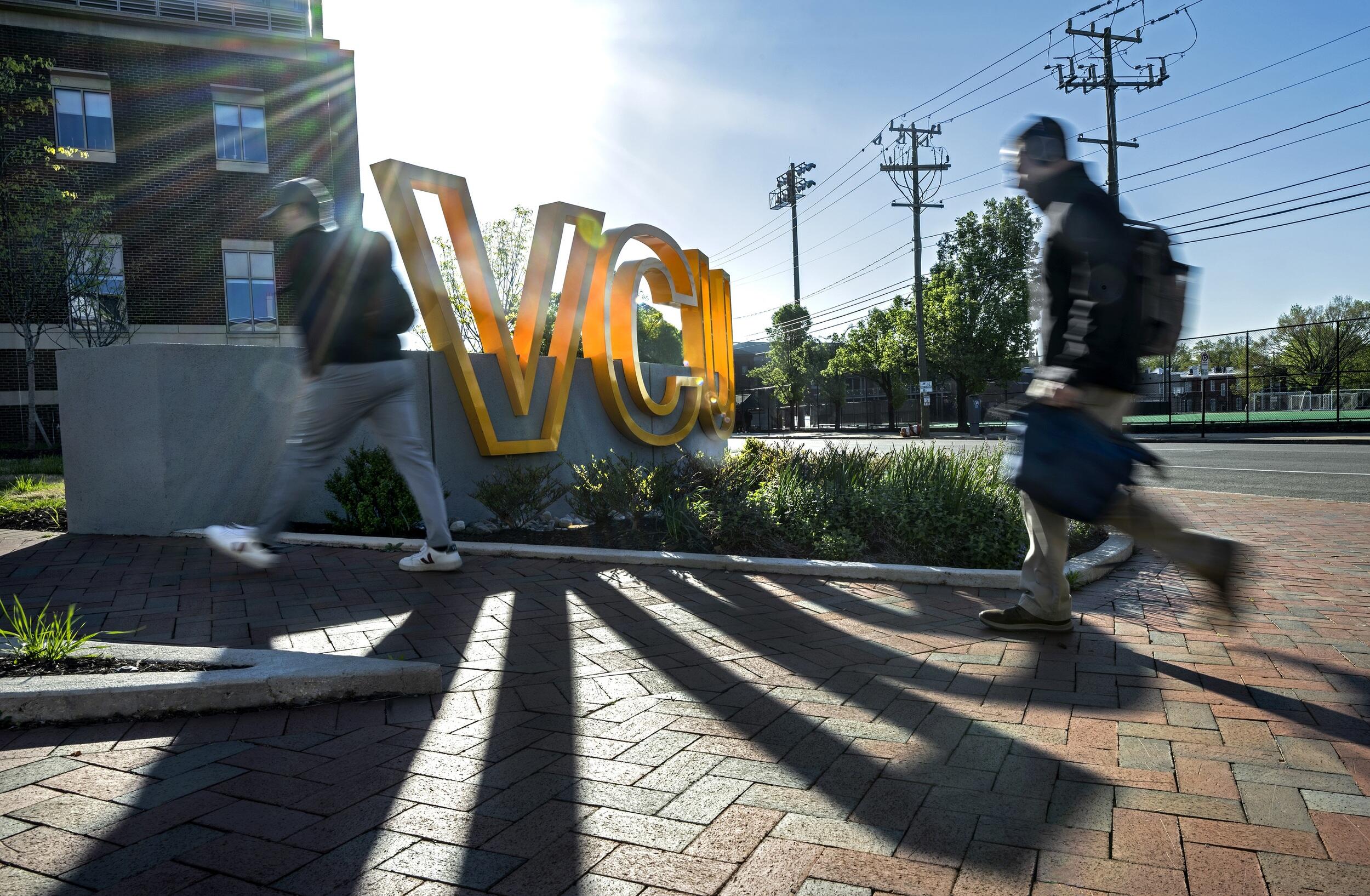
May 2, 2024
Mellon Foundation grants will help VCU professors launch Richmond Freedom School
Elizabeth Canfield, Ph.D., with the Department of Gender, Sexuality and Women’s Studies, and Mignonne Guy, Ph.D., with the Department of African American Studies, are developing a new program for the Richmond community.
Share this story
Two Virginia Commonwealth University professors will launch Richmond Freedom School, a new holistic education and engagement summer program for Richmond residents, in 2025.
Elizabeth Canfield, Ph.D., associate chair of the Department of Gender, Sexuality and Women’s Studies, and Mignonne Guy, Ph.D., an associate professor in the Department of African American Studies and director of the Health Equity Across the Lifespan in Virginia Lab (HEAL-VA Lab), received a total of $200,000 from the Mellon Foundation to support the program, which will offer participants 15 years and older a forum to share community-based conversations about Richmond-specific topics ranging from politics, history and civics to ecology, arts and science.
“Our goal is to enable participants to feel more empowered to fully participate in their communities and to exercise their agency,” Canfield and Guy said. “We also hope to provide intergenerational mentorship and friendship circles that are health-focused – in terms of both physical and mental health – as well as learning subject matter that pertains to living and hopefully thriving in Richmond.”
Since 1969, the Andrew W. Mellon Foundation has supported the arts and humanities through grants. In March, the foundation, which is the nation’s largest funder of the arts, culture and humanities, awarded more than $18 million to 95 public college and university programs across 66 institutions through its new “Affirming Multivocal Humanities” initiative. Through the initiative, the foundation “addresses the continuing need for nuanced scholarship on the breadth of the human experience through race, ethnic, gender and sexuality studies.”
The philosophy of the Richmond Freedom School, which will launch in summer of 2025, is that everyone has something to teach and everyone has something to learn. Canfield and Guy’s vision is to provide learning experiences that feed a person’s mind, body and spirit, calling the program the type of outreach that they have wanted to do for years.
Over the next year, Canfield and Guy will continue to build on the idea of the program. They have already begun to meet with educators in Richmond’s K-12 system as well as educators outside of the system. They will also seek community input at upcoming forums, where attendees can discuss education needs and building collective power. Eventually, the program will be held each summer at the Richmond Public Library Main Branch, with community conversations and activities conducted throughout the year.
At VCU, the departments of African American Studies and Gender, Sexuality and Women’s Studies in the College of Humanities and Sciences focus on empowering students to be active and critical members of their communities, to work for equity and justice in all that they do, to be critical and creative in their problem-solving and to be prepared for a wide range of activist and job opportunities.
“Both of our disciplines came about due to an activist demand from communities for representation in college curricula and academic research, but more importantly, our disciplines came about to change the way in which we see education and the way we teach as well as an argument for inclusion in curriculum,” Canfield and Guy said. “Mellon is funding us because the subject matter that we teach is important but also the way in which we teach is important.”
A source of community engagement-based education is especially important in Richmond, where racial and gender equity and justice can still be elusive, they said.
“It is crucial that we infuse our lives with creativity, hope and collaboration, and that we build new structures that privilege collectivity, health and solidarity across differences if we are to survive, grow and thrive.”
Subscribe to VCU News
Subscribe to VCU News at newsletter.vcu.edu and receive a selection of stories, videos, photos, news clips and event listings in your inbox.









